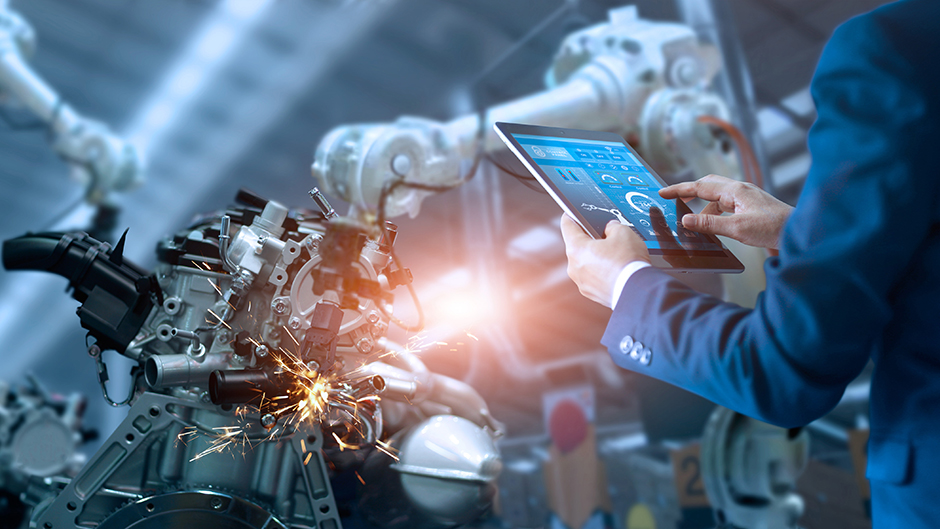Cybersecurity, Communications and Signal Processing
Our group conducts fundamental and cutting-edge research in cybersecurity, communications and signal processing. We focus on addressing key scientific and real-world problems in these areas by designing algorithms, protocols and systems and developing hardware and software. The research topics include but are not limited to cryptography and information security, real-time video communications, mobile communications, communication channel coding and modelling, autonomous vehicle systems, sonar signal processing, indoor localisation, microwave antenna design, radio frequency energy harvesting, simultaneous wireless information and power transfer (SWIPT).
Advanced Microelectronics and Energy Technology
Based on the basic disciplines such as physics, electronics, material science and computer science, the research team will face the major industrial needs of the country and regions, and devote itself to solving the key cutting-edge technical problems such as semiconductor device physics, integrated circuit, power conversion, energy integration and power grid system. The main research focuses include but are not limited to power semiconductor devices, integrated circuits, power systems, renewable energy and power electronics, motor driving and transportation electrification.
Mechatronics, Robotics and Control
The Mechatronics, Robotics, and Control research group focuses on addressing real-world problems by conducting cut-edge research. The group applies engineering expertise to a wide range of areas, including but not limited to robotics, instrumentation, networking, product design, biomedicine and medical devices. The group encourages multidisciplinary research collaborations, and the key areas are, but not limited to, networked mechatronic systems, robotics and control, MEMS, BioMEMS, microfluidics and microfluidic biosensors, product design and optimisation and fluidic mechanics.
Machine Learning and Data Analytics
The Machine Learning and Data Analytics (MLDA) group focuses on data-driven approaches to solving real-world problems and making the best use of data for promoting human knowledge. Closely related to popular AI (Artificial Intelligence) techniques, the research group’s aim goes beyond applying machine learning algorithms to solve practice problems but understanding how machines perform a certain number of tasks. The research focus of MLDA include understanding multimedia content (e.g. visual, auditory and literal content) with deep learning and modelling of data.






Each research group shares common research interests that foster the vibrant scientific community found at SAT:
Interactive and Visual Technologies
The research group aims to design and develop effective approaches that can augment users’ perception and imagination, extract users’ intentions and meaningful information from visual inputs, and improve communication between users and machines through innovative user techniques and interfaces. The research group’s interests include, but are not limited to, Human-Computer Interaction, Computer Vision, Computer Graphics, and Interactive Visualization.